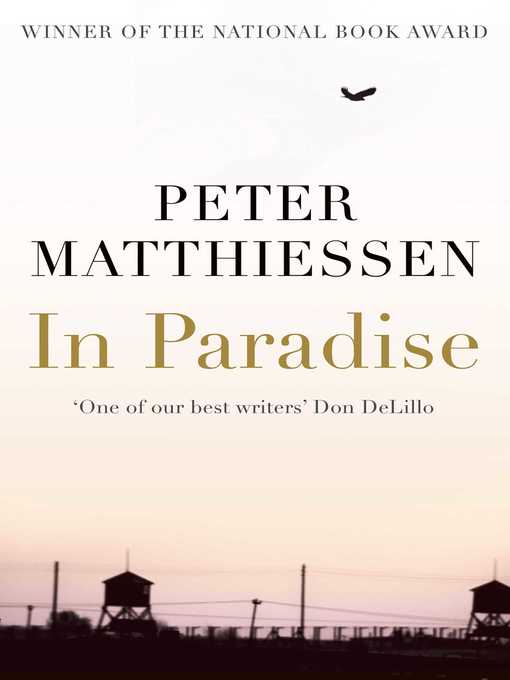
In Paradise
کتاب های مرتبط
- اطلاعات
- نقد و بررسی
- دیدگاه کاربران
نقد و بررسی

January 13, 2014
Early in this novel by Matthiessen (Shadow Country), which follows a meditative retreat at Auschwitz, main character Clements Olin thinks, “Nobody knows whom to be angry with in such a place.” Indeed, the story centers on the search for understanding on the part of the retreaters, and their attempt to spiritually confront the evil that occurred at the site. What makes Matthiessen’s latest stand out from the scores of other Holocaust books is that Olin, a non-Jewish academic of Polish descent, is aware of the vast Holocaust literature (“You got some new angle on mass murder, maybe, that ain’t been written up yet in maybe ten thousand fucking books?” someone asks him)—and feels self-doubt to the point of defeat about what he’s doing in Auschwitz in the first place. More concretely, Olin is there for two reasons: one is “personal” and “too sentimental” and isn’t revealed until later in the book; the other is to figure out why Polish author Tadeusz Borowski, who survived the death camp, later committed suicide at the peak of his fame, three days after the birth of his daughter. The strongest sections relate to these more concrete missions—passages about Olin’s family history, in particular, stand out. But the novel focuses mainly on the abstract: what it feels like to spend days on end at the death camp—the frustration, alienation, and otherworldliness of it. Throughout, there’s a hum of absurdity underneath (“Who sets out winter food for little birds in such a place?”), and at times it comes to the surface in the form of directionless bickering among the retreaters, only to fade back again into the landscape, which, it seems to Olin, is always in winter. Agent: Neil Olson, Donadio & Olson, Inc.

























دیدگاه کاربران